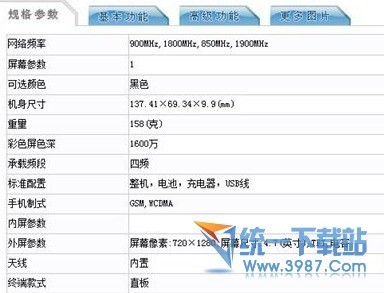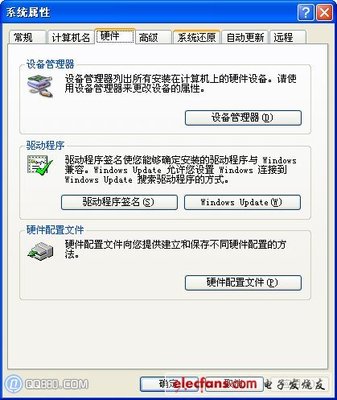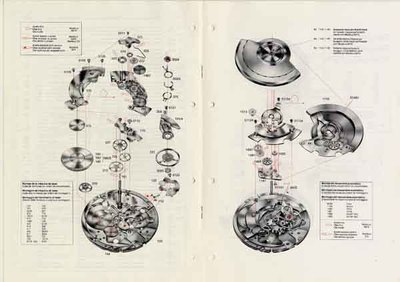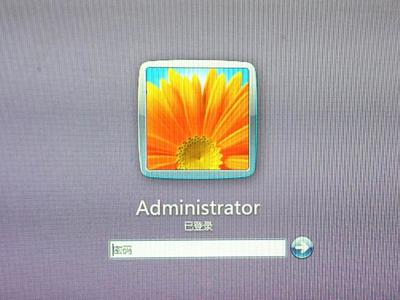all,whole,entire,total 1.all着重“整体”,指各个“个体”或各个“部分”组成的“全部的、所有的”整体。修饰可数名词复数时,指所有的数量;修饰不可数名词时,指整个范围或全部数量。位于定冠词、指示代词、物主代词、基数词的前面。如: All that afternoon I jumped and sang and did allkinds of things. All the Chinese people are going all out for therealization of the fourmodernizations.全中国人民正全力以赴实现四化而奋斗。 常见短语有: all day,all night,all day long,all themorning,all the summer,all the year,all the month;all hisbooks,all these sentences,all the people,all five men,all thestudents,all(the)horses,all animals;all the news,all thework,all China,all the world,all the city,all hislife… 注意:①英美人在all day,allnight中常不用the。其它情况下,美国人常不用the。 ②all常可与whole互换,但whole位于定冠词,物主代词等之后。如: all theafternoon thewhole afternoon all theyear thewhole year all thecity thewhole city all theworld thewhole world ③all与地点名词连用指人,whole指人指地区均可。因此,whole指地区时,不能与all互换。如:Thewhole city was flooded.全城水淹。不可说All the citywasflooded. ④all不与不定冠词连用,whole则可。不可说all ayear,但可说a whole year. 2.whole着重“完整的”“整体”。指完整无缺的统一体,不可分割,一点不缺,一个不少,没有丝毫减少和遗漏。如: Nature is a whole.自然界是一个统一体。 The workers devoted their whole energy to thetask.工人们把全部精力都放在工作上。 常见短语有: the whole day,the whole thing,the wholeclass,the whole,story,the whole country,the whole army,thewhole family,the whole truth(真相),a whole year(全年),a wholenumber(整数);one’s whole heart(全心全意)one’s wholeattention(专心致志),one’s whole life(一生),one’s wholelife(一生),one’s whole energy(全力) 注意:①whole可与all互换,但有时意思不同。如:thewhole of China指中国的领土,all China指全中国人民。 ②whole后不能接专有名词或代词。不能说wholeChina,whole it,应说the whole of China,the whole ofif. ③whole作“全体的、一切的”讲时,不与普通名词复数连用,all则可。如:不能说thewhole books,也不能说the whole of books,应说all(of)thebooks。 ④whole也可见到与名词复数连用的情况。这时,其意思为“多数”或“整整的”,其用法特点辊前面不能加定冠词,如:wholecities多数城市,whole forests成片的森林。又如:It rained threewhole days.句中whole指三天里每天都是一整天地下雨。 当然也可见到whole前有the,后有复数的情况。如:thewhole ten days,是指以10天长度为一个整体单位的一段时间。the tenwhole days,是指10个整天。 ⑤不能说your whole money,the wholewater,应说all your money,all the water。不可说all the hour,allthe century,应说the whole hour,the whole century. 3.entire比whole语气强,含“齐全无缺”之意,即其完整的程度达到既不可减少也不可增添的地步。凡已分割、破坏、切断的都不能称为entire.如: They enjoy the Party’s entireconfidence.他们受到党的完全信任。 He had almost never been sick during his entirelife.他一生中几乎从未病过。 常见短语有: the entire day,the entire book,the entirecountry,the entire people,the entire sky,the entire world;myentire confidence,his entire life,his entireignorance(全然无知) 说明:①whole和entire多数情况下不可通用,但whole在日常语言中最常用。如:theentire/whole population全民,my entire/whole energy全力 ②entire可修饰抽象名词,whole则不能。如: I am in entire ignorance of what hedid.我对他的所作所为全然不知。(不可用whole) 4.total指数量程度的“全部”,把一切都计算在内。如: What’s the total population ofChina?中国的总人口有多少? 常见短语有: his total income总收入,totalsilence一片沉寂,the total amount总额,总量,a totalfailure彻底失败,total strength总兵力,the total outputvalue总产值,total diplomacy总体外交 All right;That’s all right;That’sright. 1.All right,That’s allright用作“好吧,行吧,可以的”意思时可换用,表示同意对方看法或意见。如: —Let’s go to school. —All right.(好吧。) 2.对方向你致谢或道歉时,表示“不必谢、不客气、没关系”时,不能用Allright,只能用That’s all right等于Not at all,Don’t mentionit等。如: —I’m sorry.I can’t go with you. —That’s all right.(没关系。) 3.That’sright(=Right)表示肯定对方说的对。如: —The moon goes round the earth. —That’s right.(对。) 4.all right用法很多。如: —How is your father? —He is all right.(他身体很好。) —May I come in? —All right.(行,请进。) —How is your work? —My work is all right.(顺利) —How do you think of the film? —It’s all right.(满意) —All right,all right,all right,I’m justcoming!(不耐烦、恼怒) all the same,much the same all the same意为“尽管如此”,有让步意味。Muchthesame意为“几乎(差不多)相同”,但决不能理解为“完全相同”。如: It was raining.He worked on all thesame.天下着雨,尽管如此,他仍继续工作。 The two plans are much thesame.这两个计划几乎一样。 all this,all these 1.二者都是用来总结上文的。如果上文是事,用allthis。如: All this must happen with very greatspeed.这一切反应都要非常迅速。 2.allthis指上文一连串的动作。其后要接不可数名词。如: There were apples,bananas and oranges on thetable. All these(things)made the boy veryhappy.桌子上有苹果,香蕉和桔子,所有这些(东西)使这个男孩非常高兴。 | 




 爱华网
爱华网